Your Complete Guide to Safe Dental Tourism in Turkey
"Yes, dental tourism in Turkey is safe, provided you do your homework and choose a reputable clinic."

The idea of getting a brand-new smile while enjoying a vacation is appealing, and for many, Turkey has become the go-to destination. The rise of dental tourism in Turkey is fueled by its unique combination of highly affordable prices, advanced dental technology, and skilled professionals. Every year, thousands of people travel to cities like Istanbul and Antalya for procedures ranging from veneers to full mouth implants, often saving thousands of dollars. However, the question on everyone's mind is: is it truly safe?
The short answer is a resounding yes, but with a crucial condition. Your safety and the success of your treatment depend almost entirely on your research and the clinic you choose. While Turkey boasts many world-class, accredited dental facilities, the boom in popularity has also attracted some less-reputable providers. This guide will walk you through everything you need to know to navigate the landscape of dental tourism in Turkey safely and confidently, ensuring your journey ends with a healthy, beautiful smile.
Is it safe to get dental work done in Turkey?
"Yes, getting dental work in Turkey is generally very safe, especially when you choose a clinic that is internationally accredited and has a strong track record of positive patient outcomes."
While stories of "Turkey teeth" gone wrong can be alarming, these cases often represent a minority of experiences and typically stem from choosing clinics based on price alone. The majority of dental clinics catering to international patients in Turkey are modern, hygienic, and adhere to strict international standards. The Turkish Ministry of Health regulates these facilities, and many seek further accreditation from international bodies to prove their commitment to quality and safety.
The key to a safe experience is due diligence. A well-researched patient who vets their chosen clinic, verifies their dentist's credentials, and reads independent reviews is highly likely to have a positive and safe experience. The risks associated with dental tourism in Turkey are not inherent to the country itself, but rather to the lack of research before undergoing a serious medical procedure.
Why is dental treatment in Turkey so cheap?
"Dental treatment in Turkey is more affordable due to the country's lower cost of living, lower operational and lab fees, and a favorable currency exchange rate, not because the quality of care is lower."
Many people are understandably skeptical about the low prices, but the cost difference doesn't reflect a compromise on quality. The economic realities of Turkey are simply different from those in the US, UK, or Western Europe. The overheads for running a dental practice—including rent, salaries for staff, and laboratory costs—are significantly lower.
Furthermore, the Turkish government actively supports the medical tourism industry through subsidies and incentives, which helps clinics maintain competitive pricing. This high volume of international patients allows clinics to purchase materials and equipment in bulk, further reducing costs. These savings are passed directly on to you, the patient, making high-quality dental care accessible.
How much can I save on dental work in Turkey?
"Patients undergoing dental work in Turkey can typically save between 50% and 70% compared to the costs of the same procedures in the UK or the USA."
The savings are one of the most compelling reasons for the boom in dental tourism in Turkey. For extensive procedures like a full set of veneers or multiple dental implants, the cost difference can be tens of thousands of dollars. This makes treatments that might be financially out of reach at home a realistic possibility.
Here’s a quick comparison of average costs for popular dental procedures:
| Dental Procedure | Average Cost in Turkey | Average Cost in the UK | Average Cost in the USA |
|---|---|---|---|
| Dental Implant (single) | €400 - €800 | £2,000 - £2,500 | $3,000 - $5,000 |
| Porcelain Veneer (per tooth) | €200 - €300 | £700 - £1,200 | $1,000 - $2,500 |
| Zirconium Crown (per tooth) | €150 - €250 | £600 - £1,000 | $900 - $1,500 |
| All-on-4 Implants (per jaw) | €4,000 - €7,000 | £12,000 - £18,000 | $15,000 - $25,000 |
What are "Turkey Teeth" and should I be worried?
"The term 'Turkey Teeth' refers to a trend of getting intensely white, perfectly uniform crowns, often involving the aggressive filing down of healthy teeth. You should be cautious of clinics that push this one-size-fits-all approach."
The "Turkey Teeth" phenomenon seen on social media has created both interest and concern. It often describes a full mouth of dental crowns, where a significant portion of the natural tooth is shaved down to a peg to fit the crown. While this might be necessary for a damaged tooth, performing this on 20+ healthy teeth for purely cosmetic reasons is considered overly aggressive by most dental ethics boards.
This approach carries risks, such as irreversible tooth damage, nerve issues, and future complications. A reputable dentist will always prioritize preserving healthy tooth structure. They will recommend veneers in Turkey (which only cover the front of the tooth) for cosmetic changes, not full crowns. When a clinic's marketing heavily promotes the "Turkey Teeth" look without discussing alternatives, it's a red flag. True cosmetic dentistry is about creating a smile that is both beautiful and healthy for the long term.
How are dental clinics in Turkey regulated?
"Dental clinics in Turkey are regulated by the Turkish Ministry of Health. Additionally, top-tier clinics often seek voluntary international accreditations, such as ISO 9001, to demonstrate their adherence to global quality and safety standards."
The Turkish government has a vested interest in ensuring the quality of its medical tourism sector. All legitimate clinics must be licensed and are subject to inspections and regulations by the Ministry of Health. This ensures they meet foundational standards for hygiene, equipment, and staff qualifications.
For an even higher level of assurance, look for clinics that have gone the extra mile to obtain international certifications. An ISO 9001 certification, for example, indicates that the clinic has robust quality management systems in place. The best clinics are transparent about their licenses and accreditations and will proudly display them on their websites.
Are dentists in Turkey well-qualified?
"Yes, dentists in Turkey undergo a rigorous five-year education at accredited universities, followed by specialized training to become oral surgeons or cosmetic dentists. Many have also pursued additional training and certifications in Europe and the USA."
The standard of dental education in Turkey is very high. To practice, a dentist must earn a DDS degree from a university faculty of dentistry. Those who wish to specialize in areas like implantology or orthodontics must undertake several more years of postgraduate study.
Many of the top dentists catering to international patients are members of global organizations such as the Turkish Dental Association (TDA), the FDI World Dental Federation, and the American Academy of Cosmetic Dentistry. When researching a dentist, look for their educational background, years of experience, and any specializations they hold. A reputable clinic will have detailed profiles of their dental team available for you to review.
What happens if my dental treatment in Turkey goes wrong?
"In the event of a problem with your dental work, you have legal rights under Turkish law. Patients can pursue a medical malpractice claim, which often starts with mediation and can proceed to the Consumer Courts if a settlement isn't reached."
This is a valid and important concern. Reputable clinics mitigate this risk by offering guarantees or warranties on their work, covering issues like a failed implant or a fractured crown. It's essential to get the terms of this guarantee in writing before you begin treatment.
If something does go wrong and the clinic is uncooperative, Turkey's legal system provides a path for recourse. The law holds medical providers liable for negligence or failure to meet the standard of care. However, the legal process can be complex and requires proper documentation of your treatment and the issues that arose. This underscores the importance of choosing a clinic with a strong reputation for aftercare and patient satisfaction.
How do I find a trustworthy dental clinic in Turkey?
"To find a trustworthy clinic, look beyond paid ads. Prioritize clinics with international accreditations, verifiable dentist credentials, and a large number of independent, detailed patient reviews on third-party platforms."
Your research is the single most important factor for a safe trip. Here’s what to focus on:
- Independent Reviews: Don't just rely on testimonials on the clinic's own website. Look for reviews on Google, Trustpilot, and even forums like Reddit to get a more balanced view. Look for detailed reviews that discuss the entire process.
- Verify Credentials: Check the qualifications and experience of the dentists. A good clinic will be transparent about its team.
- Before and After Photos: Ask to see a portfolio of their work, specifically for cases similar to yours. Be wary if they only show perfectly edited, generic photos.
- Clear Communication: The clinic should be responsive, answer all your questions clearly, and provide a detailed treatment plan with a written quote. There should be no language barrier.
- Guarantees and Aftercare: Understand their policy on revisions, complications, and what kind of aftercare support they provide once you return home.
What are the most popular dental procedures in Turkey?
"The most sought-after dental procedures in Turkey are cosmetic and restorative treatments, including dental implants, porcelain veneers, dental crowns, and full smile makeovers."
Turkey has become a hub for transformative dental work. Dental implants in Turkey are incredibly popular due to the massive cost savings on what is an expensive procedure globally. This includes single implants as well as full-arch restorations like All-on-4.
Cosmetic procedures like veneers in Turkey and zirconium crowns are also in high demand. Patients can achieve a "Hollywood smile" with high-quality materials like E-max or Zirconia for a fraction of the cost back home. Clinics are equipped with advanced technology like CAD/CAM systems, allowing them to design and mill these restorations with incredible precision, often within the same trip.
What are the risks of getting dental implants in Turkey?
"The risks for dental implants in Turkey are the same as anywhere in the world and include infection, implant failure, or nerve damage. These risks are minimized by choosing an experienced implantologist and a clinic with strict hygiene protocols."
Dental implant surgery is a serious procedure, and risks exist regardless of location. The primary risk is implant failure, where the implant does not properly integrate with the jawbone. This can be caused by infection, poor bone quality, or health conditions like uncontrolled diabetes.
To ensure success, a clinic must perform a thorough evaluation, including 3D CT scans, to assess your bone density and plan the placement precisely. Rushing the process or using substandard implant brands can increase the failure rate. Always ask what brand of implants they use (reputable global brands include Straumann, Nobel Biocare, etc.) and what their success rate is.
Are veneers in Turkey a good idea?
"Yes, getting veneers in Turkey can be an excellent decision, as you can access premium materials like E-max or Zirconia, crafted by expert technicians, for significantly less than in other countries."
For patients with chipped, stained, or slightly misaligned teeth, veneers are a fantastic, minimally invasive option. The key is to ensure you are a suitable candidate and that the clinic plans to perform a true veneer procedure—not an aggressive crown preparation.
A good cosmetic dentist will focus on creating a natural-looking result that complements your facial features. They will involve you in the "smile design" process, allowing you to choose the shape, size, and shade of your veneers. As with all procedures, the quality of the outcome is directly tied to the skill of the dentist and the quality of the dental lab they work with.
What is the process for dental tourism in Turkey?
"The process typically begins with an online consultation, followed by the creation of a treatment plan. Once you arrive in Turkey, the treatment is carried out over several appointments, after which you receive aftercare instructions."
Reputable clinics have a streamlined process for international patients:
- Online Consultation: You will send photos of your teeth and a description of your goals. The clinic may request an X-ray from your local dentist.
- Treatment Plan & Quote: You'll receive a detailed plan outlining the procedures, timeline, and a fixed cost.
- Travel Arrangements: You book your flights, and the clinic often assists with or includes airport transfers and accommodation in their packages.
- First Appointment: You'll have an in-person consultation, a physical examination, and new X-rays or CT scans. Your treatment plan will be confirmed before any work begins.
- Treatment Phase: This may involve tooth preparation, implant placement, or taking impressions, spread across 2-3 appointments.
- Final Fitting: Your permanent crowns, veneers, or bridges are fitted, and adjustments are made.
- Aftercare: You are given instructions for care and information about your guarantee.
How long do I need to stay in Turkey for dental work?
"The length of your stay depends on the treatment. For veneers or crowns, a stay of 5 to 7 days is usually sufficient. For dental implants, you will likely need two trips several months apart."
Cosmetic procedures like veneers and crowns can often be completed in a single visit of about a week. This gives the dental lab enough time to fabricate your custom restorations and allows for a final fitting and any necessary adjustments.
Dental implants in Turkey require a longer timeline. The first trip, lasting about 5-7 days, is for placing the implant post into the jawbone. You will then need a healing period of 3 to 6 months for osseointegration (the bone fusing to the implant). Your second trip, also about a week long, is for placing the final abutment and crown onto the healed implant.
What's included in a typical dental package in Turkey?
"A typical all-inclusive dental package in Turkey includes the cost of the procedure, all necessary consultations and X-rays, hotel accommodation for the duration of your treatment, and all VIP airport and clinic transfers."
To make the experience as seamless as possible, the best clinics for dental tourism in Turkey offer comprehensive packages. This removes the stress of planning logistics in a foreign country. When you receive a quote, it should clearly state what is included.
Typically, flights are the only major expense not included in the package. Be sure to confirm if things like temporary crowns, night guards, or specific medications are part of the price to avoid any surprise costs. This all-in-one approach provides excellent value and allows you to focus solely on your treatment and recovery.
Is it safe to travel to Turkey for reasons other than dental work?
"Yes, Turkey is a very popular and generally safe country for tourists. Major cities like Istanbul and coastal resort areas like Antalya are well-equipped for international visitors and have a strong security presence."
Turkey has a long and rich history as a top global tourist destination. While it's always wise to be aware of your surroundings and follow general travel safety advice (as you would anywhere), the areas where dental clinics for tourists are located are considered very safe.
Millions of tourists visit Turkey each year without incident, enjoying its beautiful scenery, historical sites, and world-renowned hospitality. Combining your dental treatment with a holiday is one of the biggest perks of choosing dental tourism in Turkey.
Ready to explore safe and affordable dental care options? Contact PlacidWay today to connect with accredited clinics and receive personalized, no-obligation quotes for your treatment.


.png)
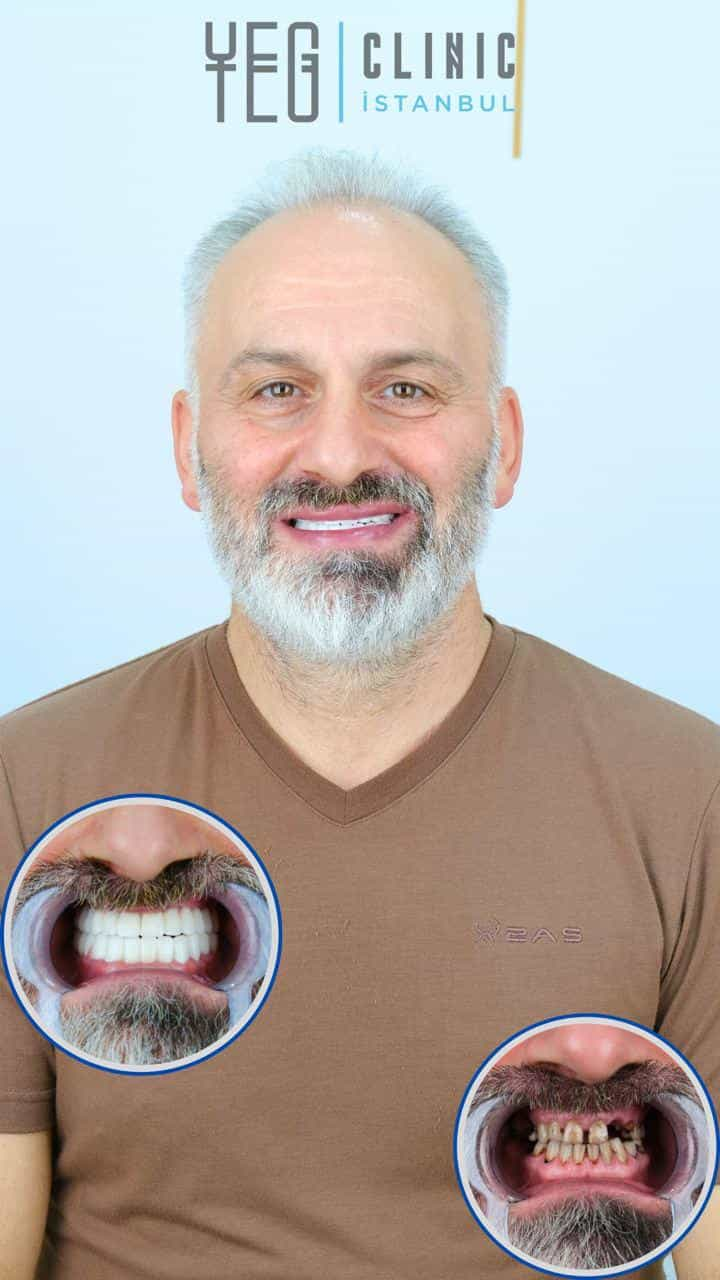



.png)
.png)

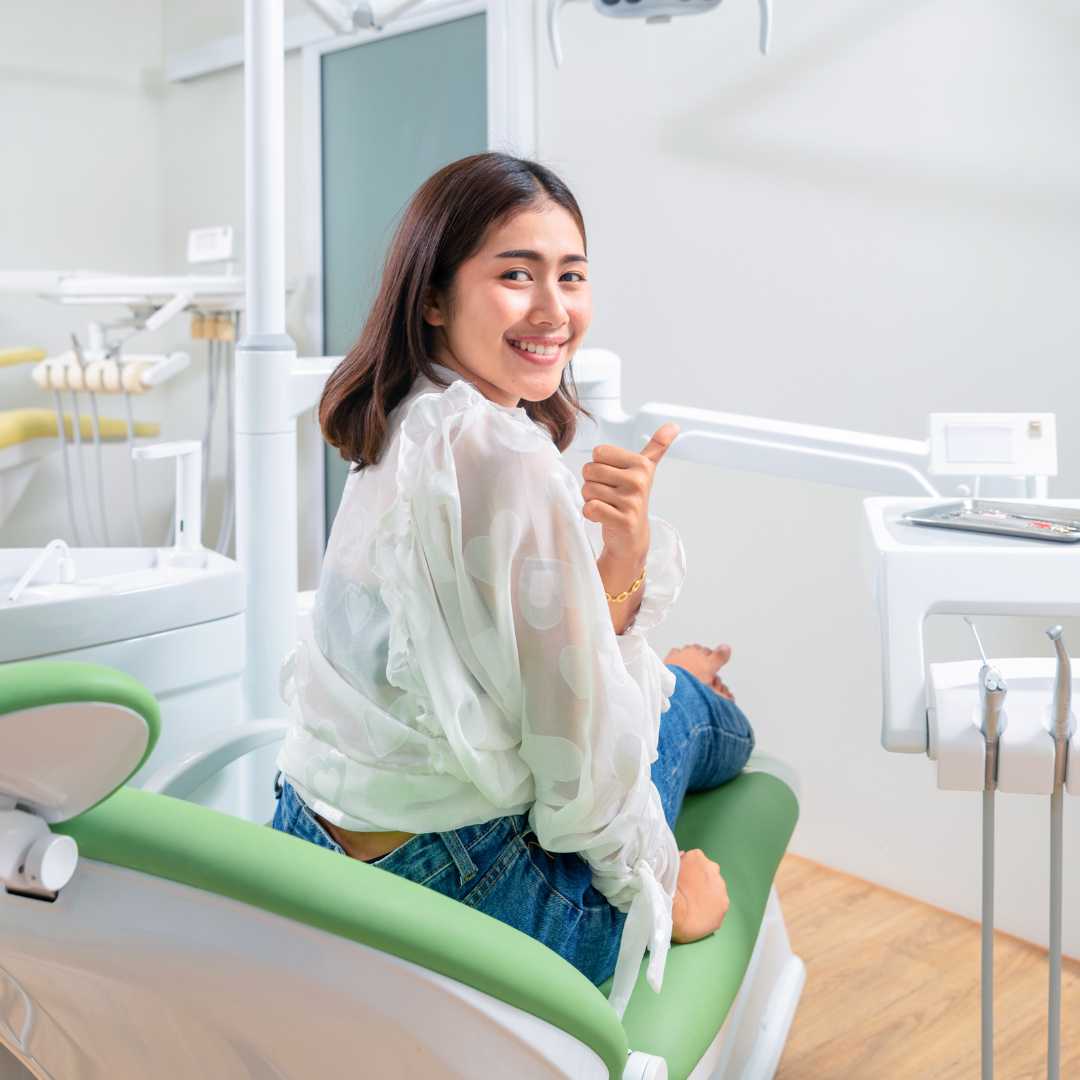
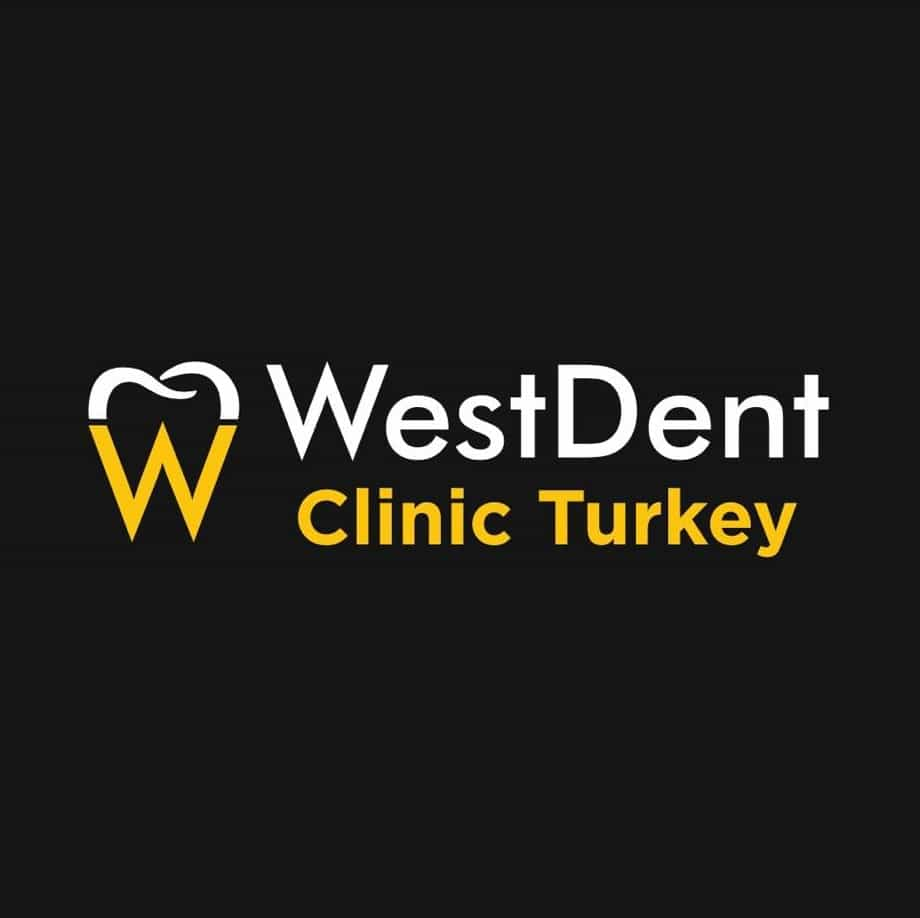
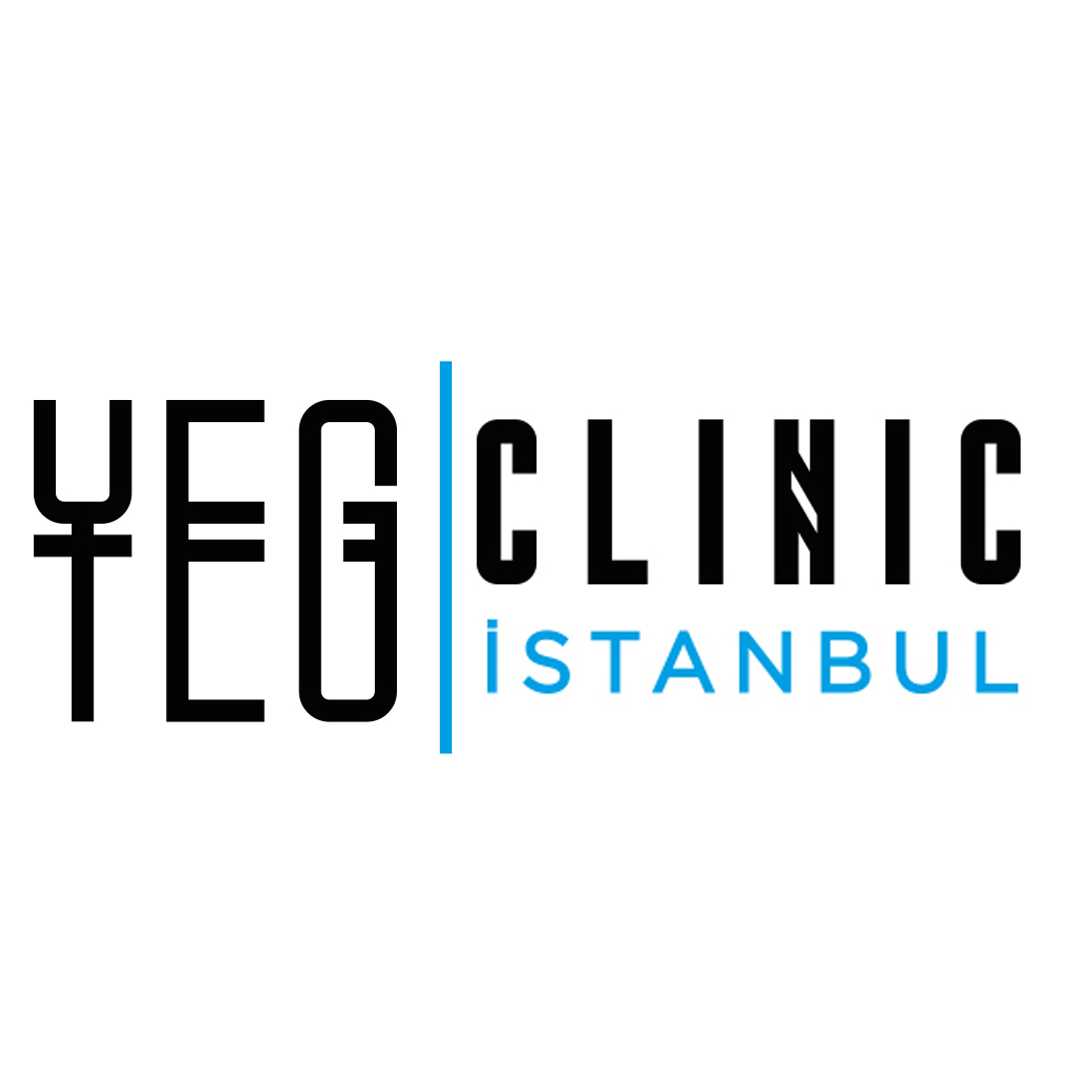

.png)
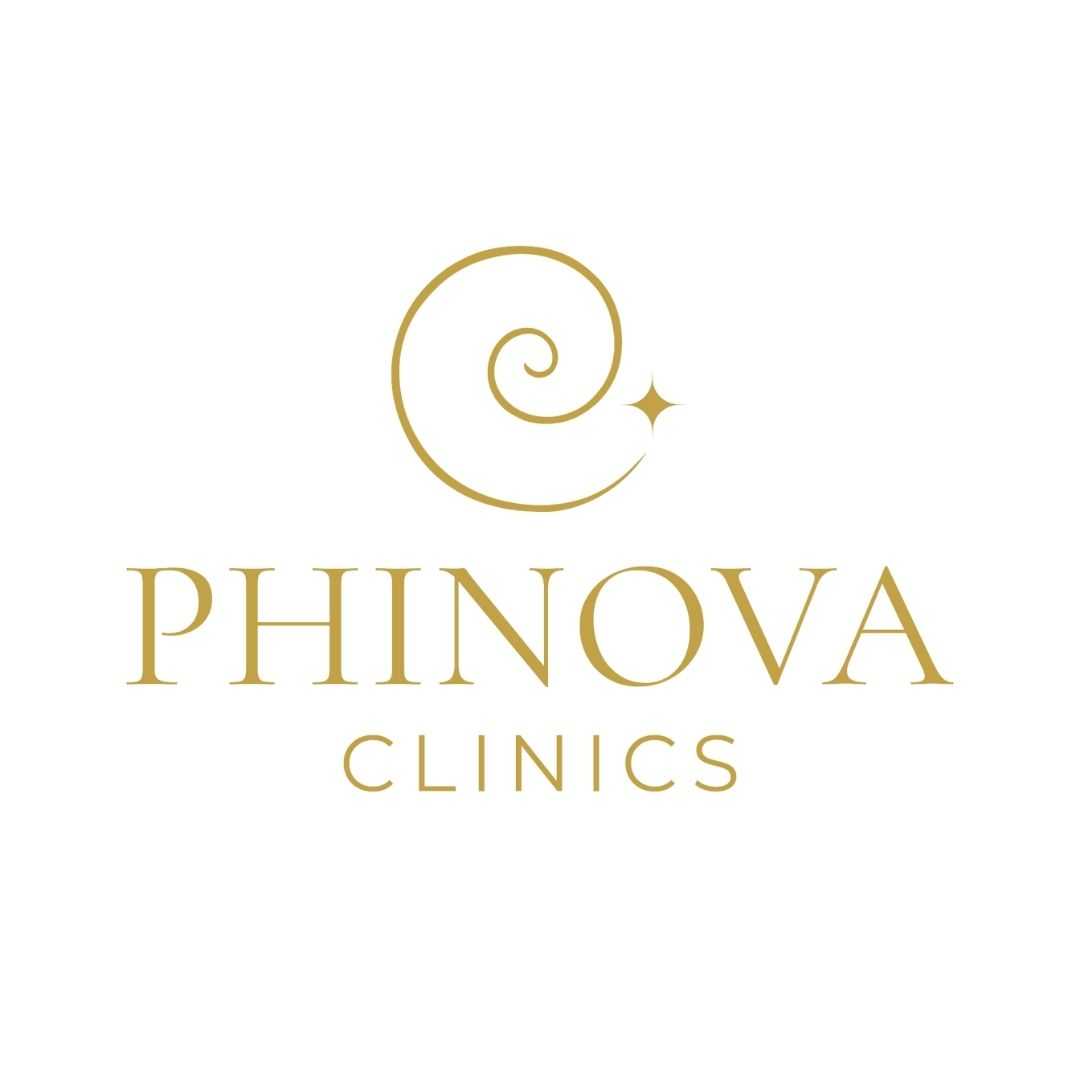

Share this listing